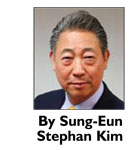 On June 13, 2014, the Seoul Administrative Court ruled in favour of Lone Star Funds and ordered the tax office to refund US$117 million in taxes collected on the sale of a block of shares in Korea Exchange Bank (KEB), overruling the Tax Tribunal’s earlier decision upholding the collection of the taxes. Lone Star bought the KEB shares through its Belgian subsidiary in 2003 and sold a part of them in June 2007 for 1.19 trillion Korean won. The local tax authorities withheld 10 percent of the sale proceeds as tax on the capital gains realised by Lone Star. The court agreed that the Belgian intermediary was a mere conduit and could not benefit from the Korea-Belgium Double Tax Treaty, which would have exempted the gains. However, it ruled that the beneficial owner was a US limited partnership and accordingly, the US-Korea Tax Treaty applied, exempting Lone Star from the Korean taxation. Did the tax authorities win the battle but lose the war? Although not discussed in the media reports covering the Court’s decision, a careful reading of the case reveals that the tax authorities actually argued strenuously that Lone Star had a permanent establishment in Korea when its Korean affiliates actively carried out the investment decisions and later disposition of the shares. Had the tax authorities won that argument, the tax treaties (whether the Korea-Belgium or the Korea-US Tax Treaties) would have been irrelevant. The finding of a Lone Star permanent establishment in Korea would have made it subject to Korean taxes as a domestic corporate-equivalent entity. The ruling is the latest of Lone Star’s decade-long clash with the Korean tax authorities which started with the sale of the Star Tower building in 2004. Lone Star acquired Star Tower through a Korean real estate holding company. The Korean company was wholly owned by Lone Star’s Belgian intermediary company which sold the shares of the Korean company to a Singaporean entity, realising a gain of US$206 million. The Belgian intermediary claimed that no tax was due on the capital gains as the Korea-Belgium Double Tax Treaty gives Belgium the taxing authority on gains arising from the sale of Korean company shares. The Korean tax authorities refused to apply the Korea-Belgium Tax Treaty, claiming that the Belgian company was a mere conduit, having no real presence in Belgium, and under the substance-over-form doctrine, it contended that the actual beneficial owner should be taxed and assessed capital gains tax, under the Individual Income Tax Law, against the Lone Star Fund III. Lone Star Fund III was a US limited partnership, and as the form of the entity did not fit the corporate form under the Korean tax law, the tax authorities assessed individual capital gains tax. The Tax Tribunal sided with the tax authorities and applied the US-Korea Tax Treaty, which gives Korea the taxing power on capital gains from transactions involving real property or a real property holding company situated in Korea. On appeal, the Administrative Court agreed with the tax authorities on the conduit issue, but overruled the individual tax assessment as Lone Star III was a corporate-equivalent (legal person) under the Korean tax law. In other words, the tax authorities won the argument on the substance-over-form issue but lost on the actual tax assessment because it applied the wrong tax. Finally the Supreme Court in its decision rendered on January 27, 2012 affirmed both points and the tax authorities eventually had to cancel the tax assessment. Unfortunately for Lone Star, that was not the end of the battle. The tax authorities immediately assessed corporate tax against Lone Star III (US), with significantly heavier penalties (30 percent v. 10 percent). Lone Star appealed the assessment and the penalty. Early in 2014, the Seoul Administrative Court sided with the tax authorities and the Tax Tribunal and affirmed the corporate tax assessment with heavier penalties. Although the case has been appealed and the decision is pending at the High Court, it appears likely that the conduit theory will withstand the challenges, given the prior cases where the issue has been fully litigated and now that the Supreme Court has added its judicial gloss. Several observations can be made from the two lines of Lone Star Cases: |
Lee International IP & Law Group
Poongsan Bldg. 23, Chungjeongro
Seodaemun-gu, Seoul 120-013, Korea
Tel: 82 2 2279 3631
Fax: 82 2 2273 4605
Email: sekim@leeinternational.com
Website: www.leeinternational.com



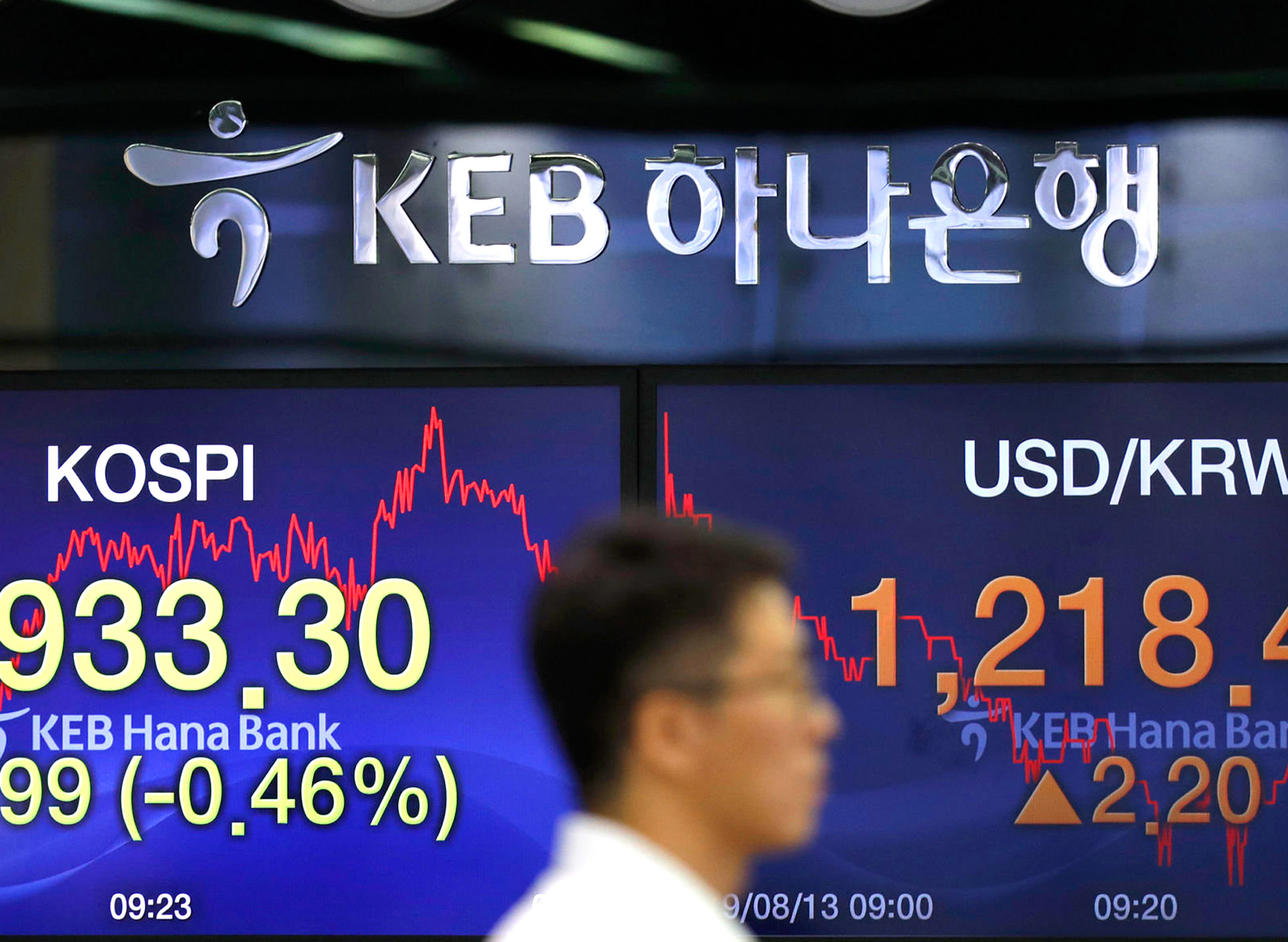


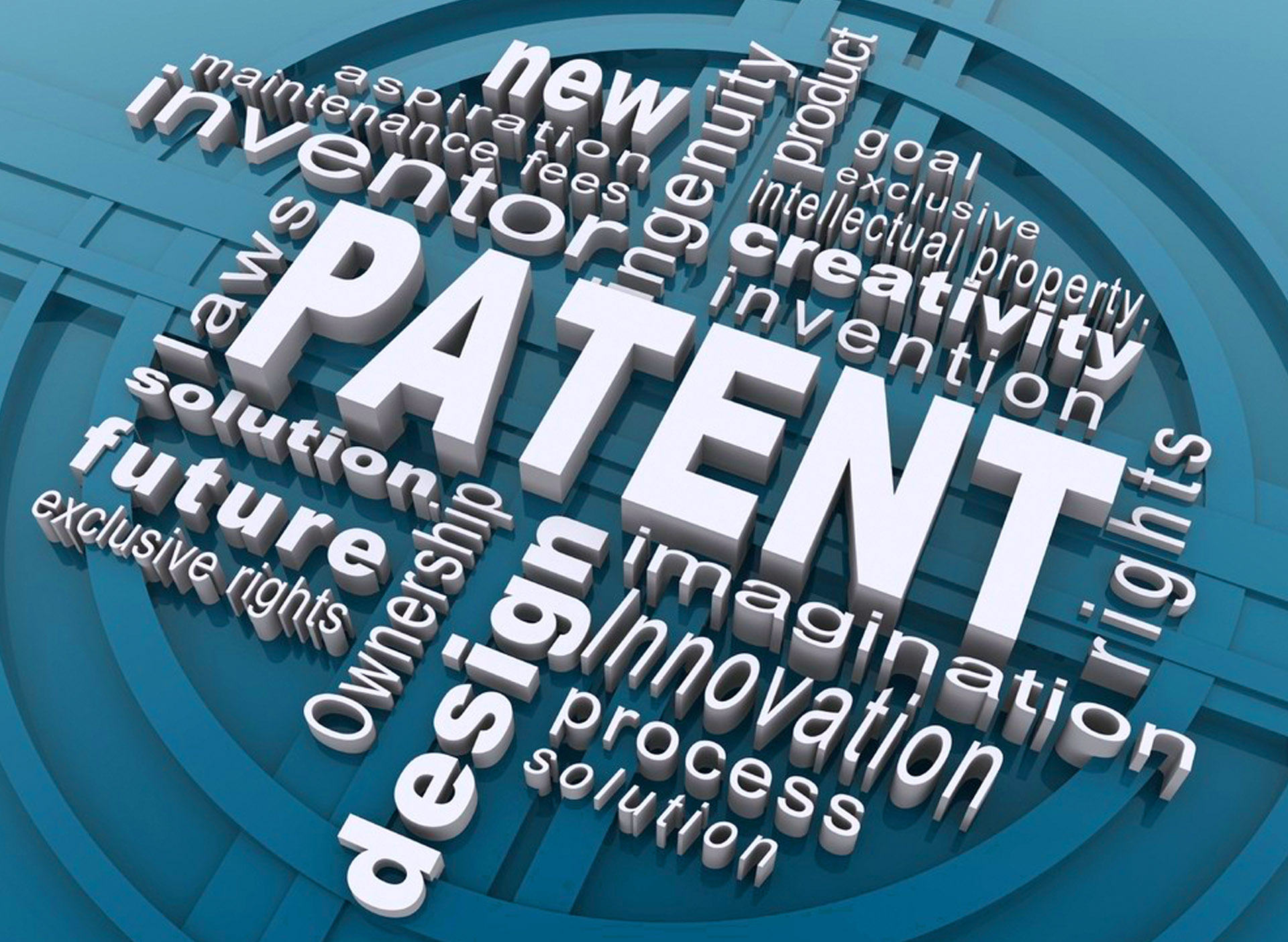
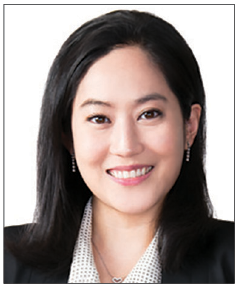
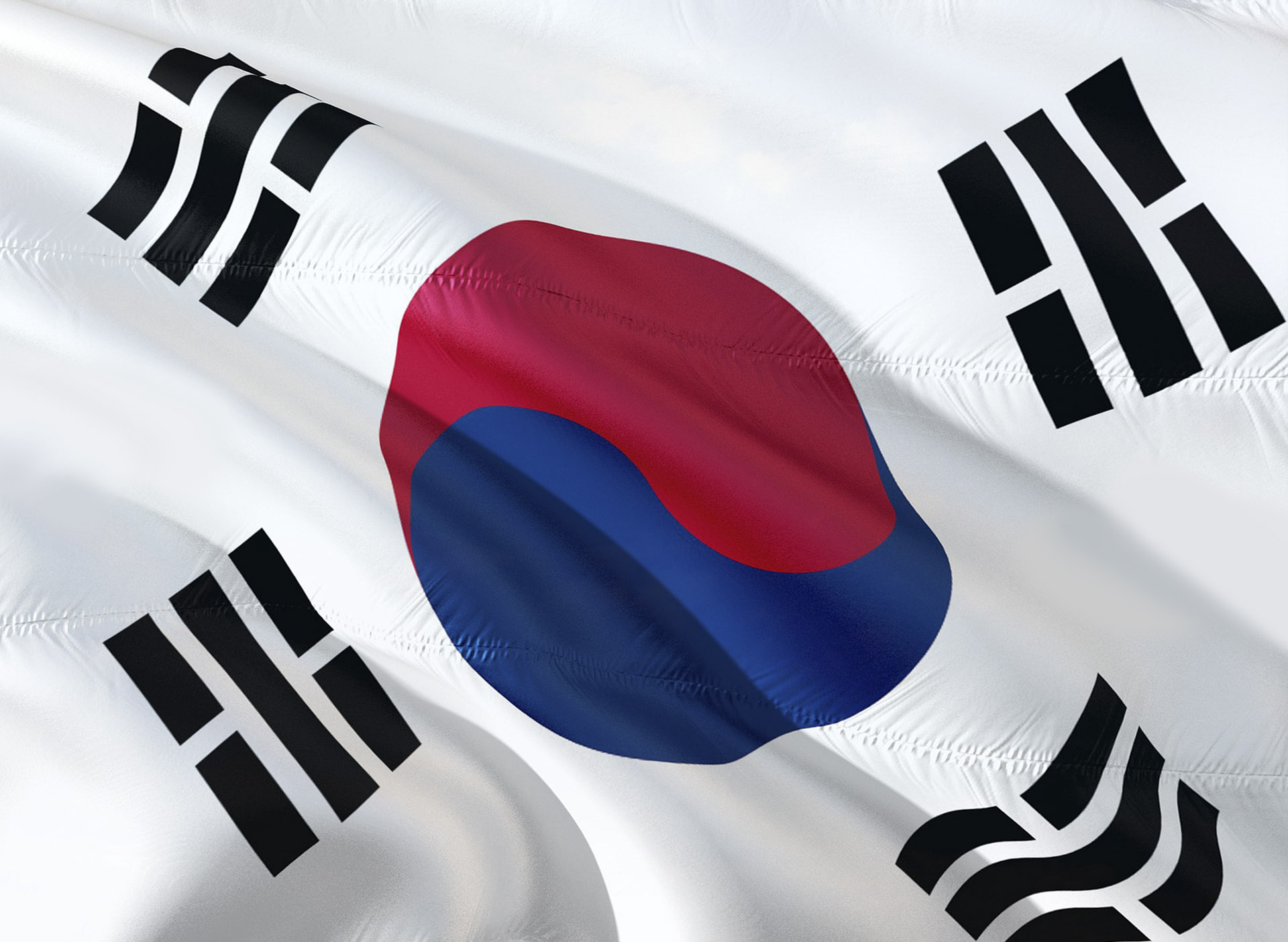


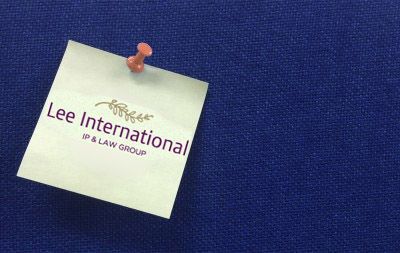











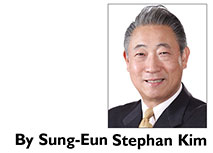

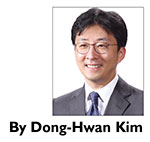

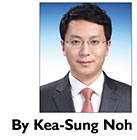




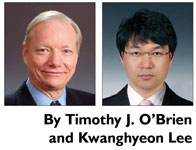








 Nicholas H. Park
Nicholas H. Park







